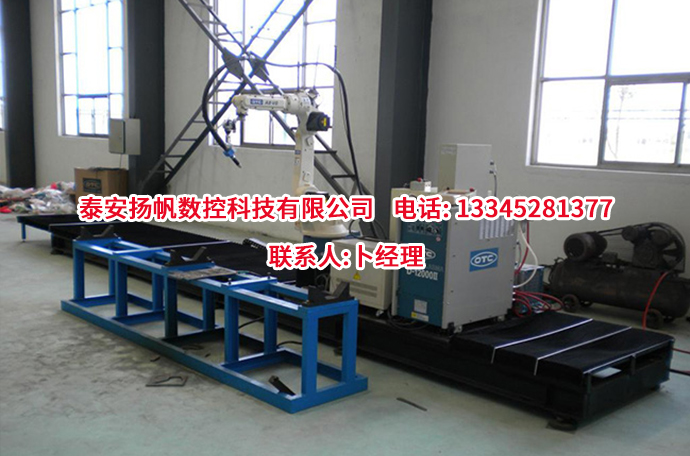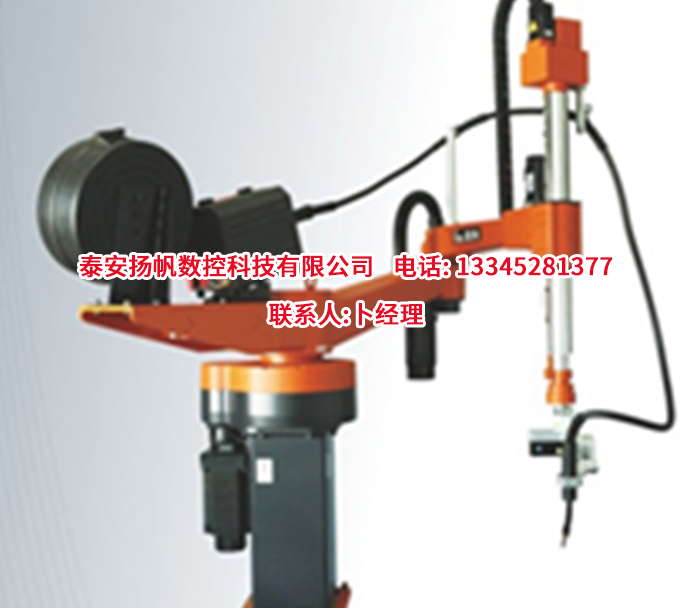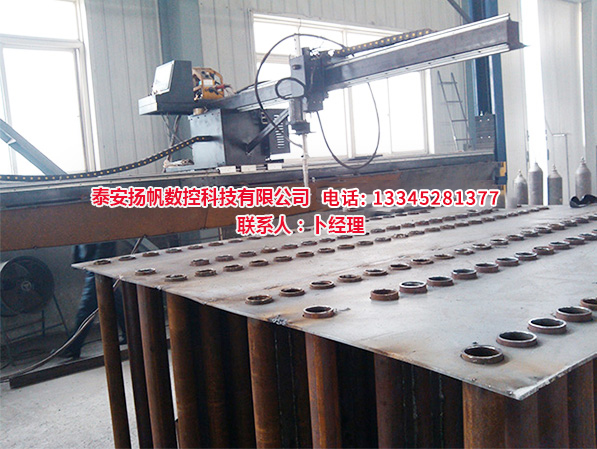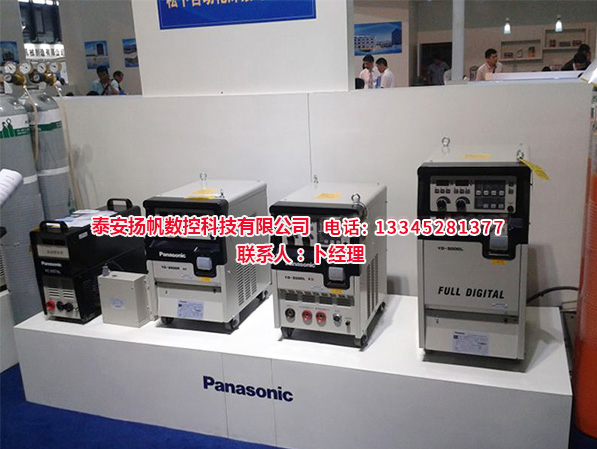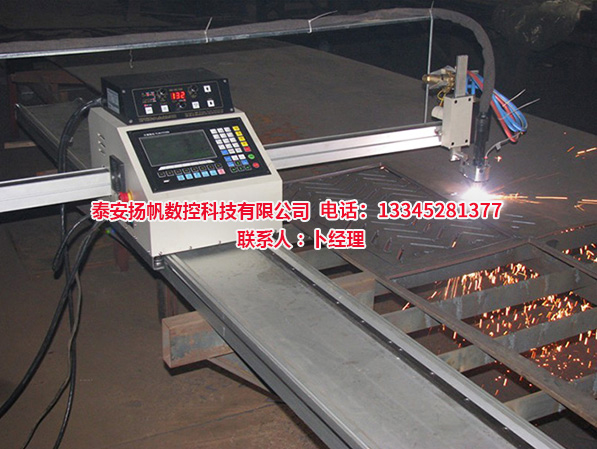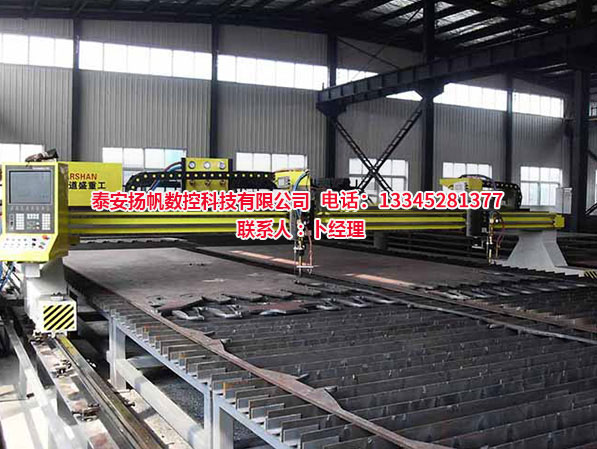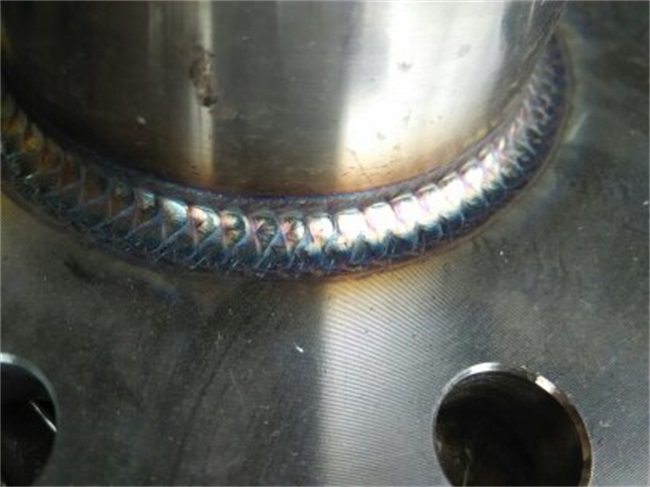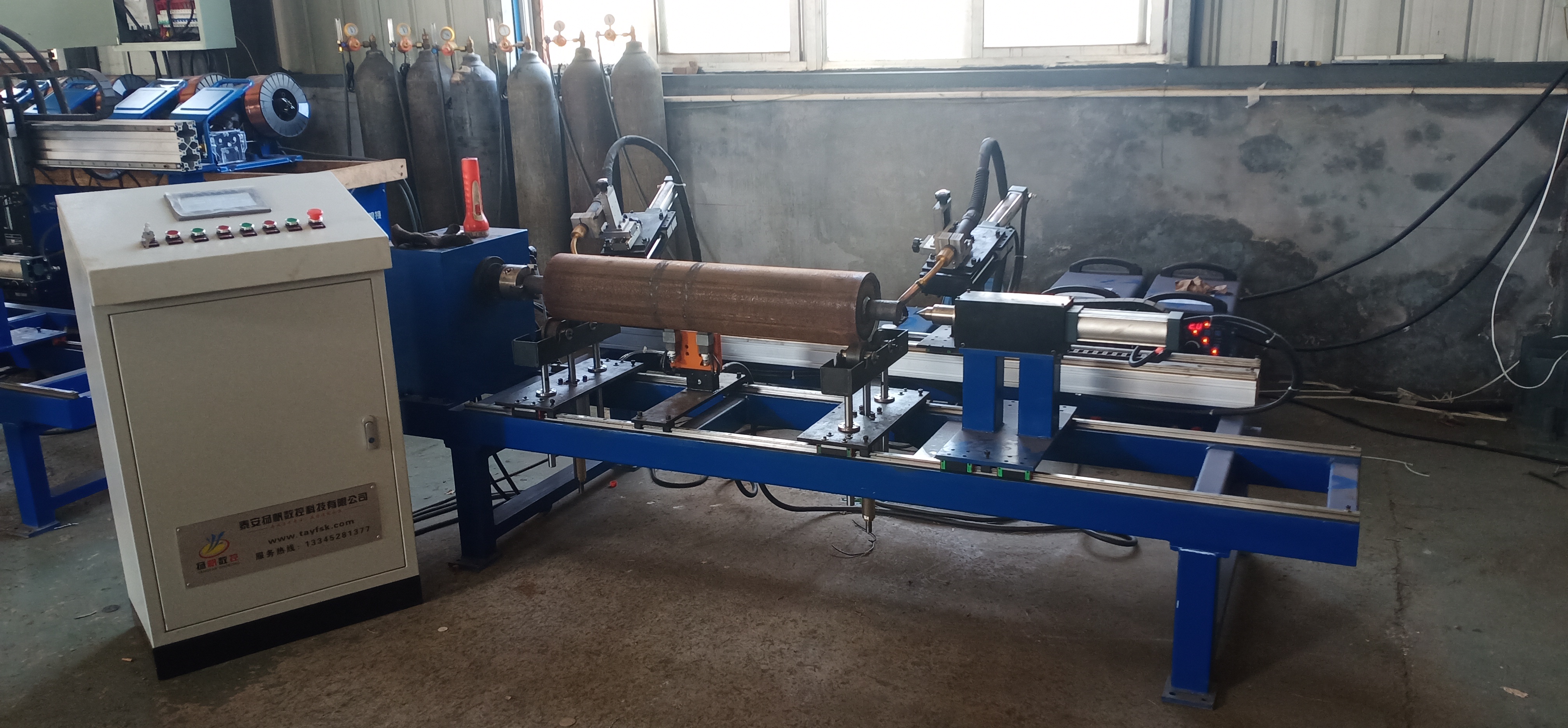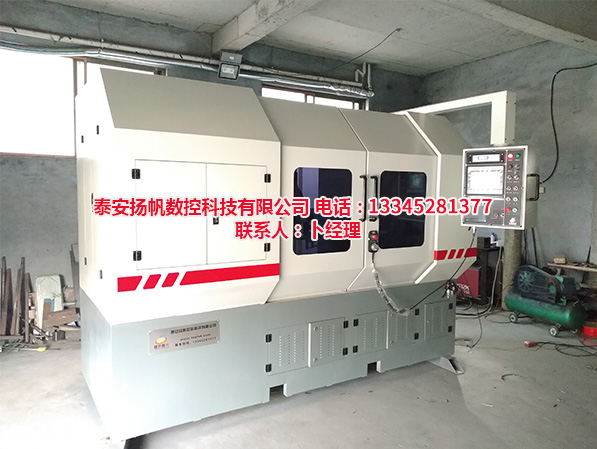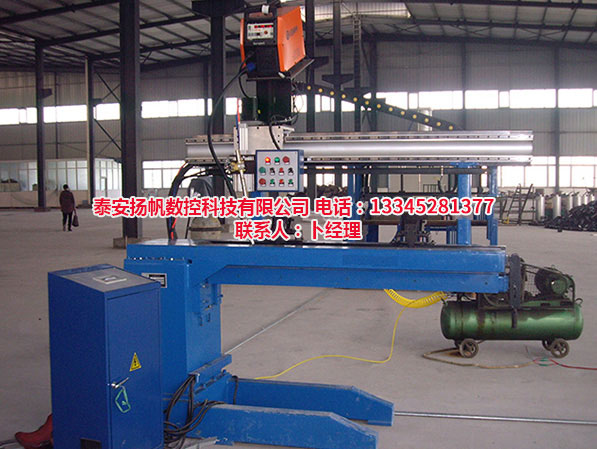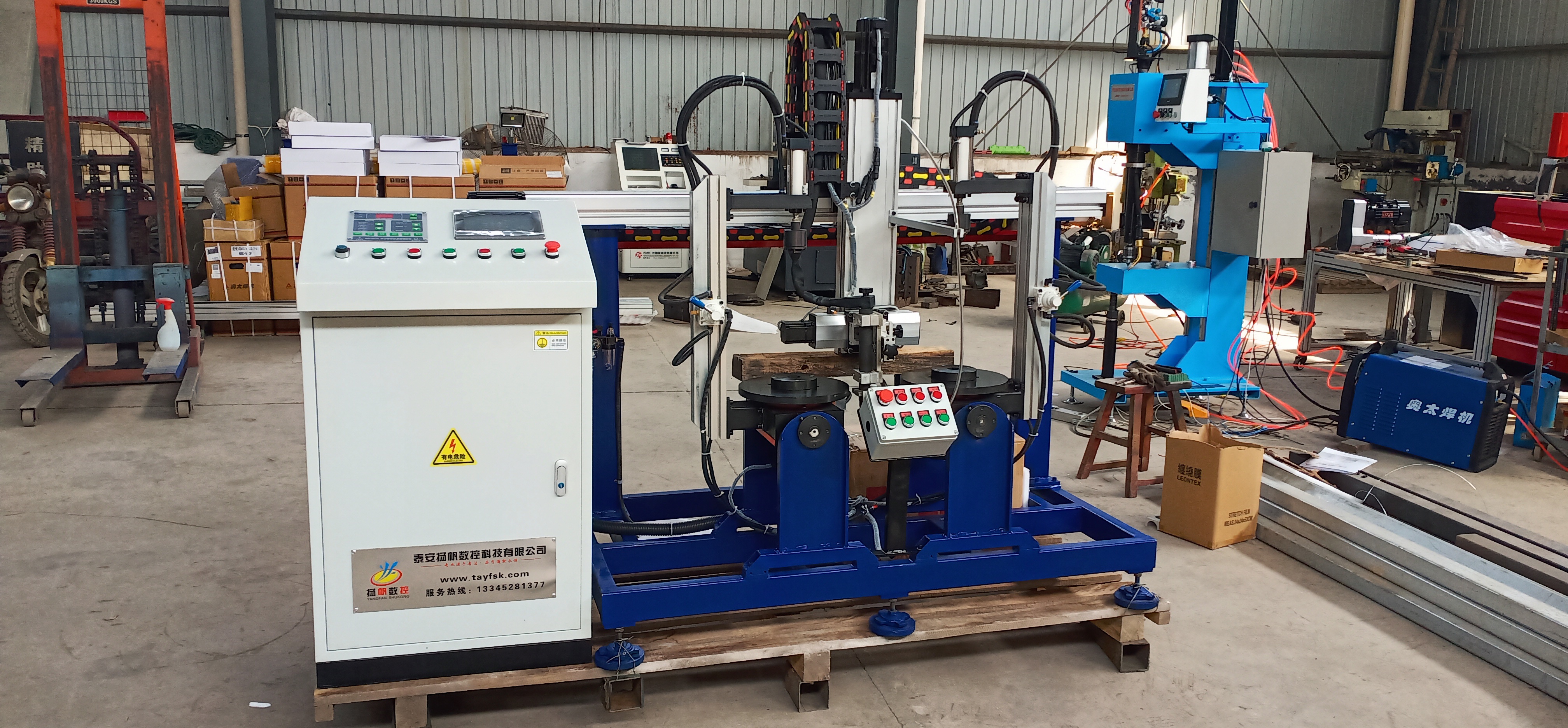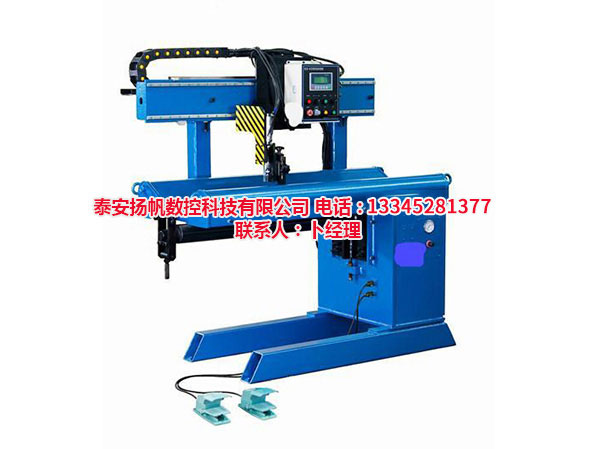自動(dòng)焊接設(shè)備整機(jī)是根據(jù)什么原則設(shè)計(jì)的
來(lái)源:http://getpolara.com/ 發(fā)布時(shí)間:2023-07-06 瀏覽次數(shù):0
自動(dòng)焊接設(shè)備整機(jī)進(jìn)行設(shè)計(jì)的時(shí)候,具體要如何來(lái)設(shè)計(jì)的,作為山東自動(dòng)焊接設(shè)備廠家,讓小編帶大家共同了解一下自動(dòng)焊接設(shè)備整機(jī)是如何設(shè)計(jì)的!
When designing the entire automatic welding equipment, how to design it specifically? As a Shandong automatic welding equipment manufacturer, let me take everyone to understand how the entire automatic welding equipment is designed!
1、尺度規(guī)劃優(yōu)化原則。當(dāng)設(shè)計(jì)要求滿足一定工作空間要求時(shí),通過(guò)尺度優(yōu)化以選定臂桿尺寸,這將有利于設(shè)備剛度的提高,使運(yùn)動(dòng)慣量進(jìn)一步降低。
1. Principle of scale planning optimization. When the design requirements meet certain workspace requirements, selecting the arm size through scale optimization will be beneficial for improving the equipment stiffness and further reducing the motion inertia.
2、運(yùn)動(dòng)慣量原則。由于設(shè)備運(yùn)動(dòng)部件多,運(yùn)動(dòng)狀態(tài)經(jīng)常改變,必然產(chǎn)生沖擊和振動(dòng),采用此原則,可增加設(shè)備運(yùn)動(dòng)平穩(wěn)性,提高操作機(jī)動(dòng)力學(xué)特性。為此,在設(shè)計(jì)時(shí)應(yīng)注意在滿足強(qiáng)度和剛度的前提下,盡量減小運(yùn)動(dòng)部件的質(zhì)量,并注意運(yùn)動(dòng)部件對(duì)轉(zhuǎn)軸的質(zhì)心配置。
2. The principle of motion inertia. Due to the large number of moving components in the equipment, the motion state often changes, inevitably resulting in impacts and vibrations. Adopting this principle can increase the smoothness of equipment movement and improve the dynamic characteristics of operation. Therefore, in design, attention should be paid to minimizing the mass of moving parts while meeting the requirements of strength and stiffness, and to paying attention to the configuration of the center of mass of the moving parts on the rotating shaft.
3、強(qiáng)度高的材料選用原則。由于設(shè)備從手腕、小臂、大臂到機(jī)座是依次作為負(fù)載起作用的,選用強(qiáng)度高的材料以減輕零部件的質(zhì)量是十分有必要的。
3. Principles for selecting materials with high strength. Due to the fact that the equipment functions as a load sequentially from the wrist, forearm, boom to the base, it is necessary to choose high-strength materials to reduce the quality of components.
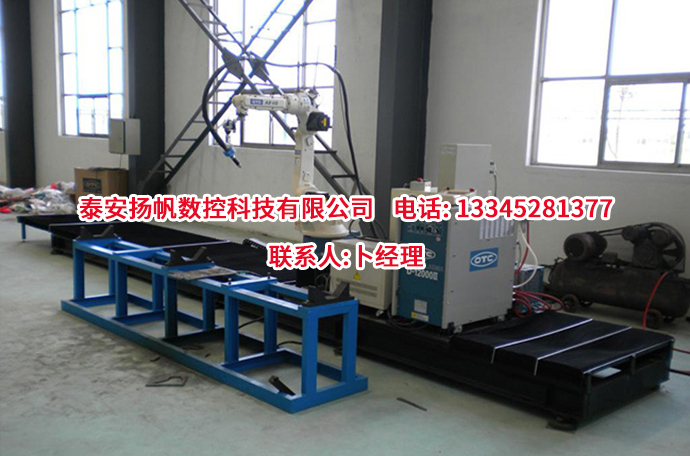

4、剛度設(shè)計(jì)的原則。設(shè)備設(shè)計(jì)中,剛度是比強(qiáng)度更重要的問(wèn)題,要使剛度更大,一定要恰當(dāng)?shù)剡x擇桿件剖面形狀和尺寸,提高支承剛度和接觸剛度,合理地安排作用在臂桿上的力和力矩,盡量減少桿件的彎曲變形。
4. Principles of stiffness design. In equipment design, stiffness is a more important issue than strength. To achieve greater stiffness, it is necessary to appropriately select the cross-sectional shape and size of the rod, improve the support stiffness and contact stiffness, reasonably arrange the forces and moments acting on the arm, and minimize the bending deformation of the rod.
5、工藝性原則。設(shè)備采用高精度、高集成度的自動(dòng)機(jī)械系統(tǒng),良好的加工和裝配工藝性是設(shè)計(jì)時(shí)要體現(xiàn)的重要原則之一。僅有合理的結(jié)構(gòu)設(shè)計(jì)而無(wú)良好的工藝性,會(huì)導(dǎo)致操作機(jī)性能的降低和成本的提高。
5. Principle of craftsmanship. The equipment adopts high-precision and highly integrated automatic mechanical systems, and good processing and assembly craftsmanship is one of the important principles to be reflected in design. Only a reasonable structural design without good craftsmanship can lead to a decrease in the performance of the operating machine and an increase in cost.
此外一般來(lái)說(shuō),元器件的可靠性應(yīng)高于部件的可靠性,而部件的可靠性應(yīng)高于整機(jī)的可靠性??梢酝ㄟ^(guò)概率設(shè)計(jì)方法設(shè)計(jì)出可靠度滿足要求的零件或結(jié)構(gòu),也可以通過(guò)系統(tǒng)可靠性綜合方法評(píng)定設(shè)備系統(tǒng)的可靠性。更多相關(guān)事項(xiàng)就來(lái)我們網(wǎng)站http://getpolara.com咨詢!
In addition, generally speaking, the reliability of components should be higher than that of components, and the reliability of components should be higher than that of the entire machine. Parts or structures that meet reliability requirements can be designed using probability design methods, and the reliability of equipment systems can also be evaluated through system reliability synthesis methods. For more related matters, come to our website http://getpolara.com consulting service
上一篇:操作數(shù)控焊接設(shè)備時(shí)的注意事項(xiàng)
下一篇:焊接專機(jī)的常用直觀法檢查方法



